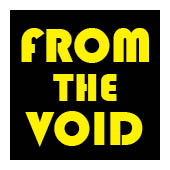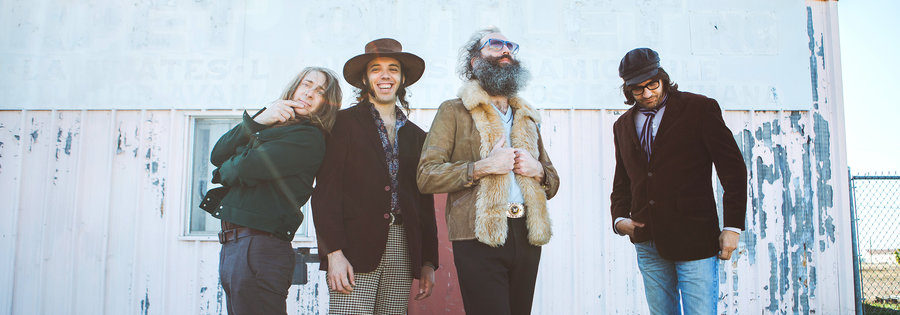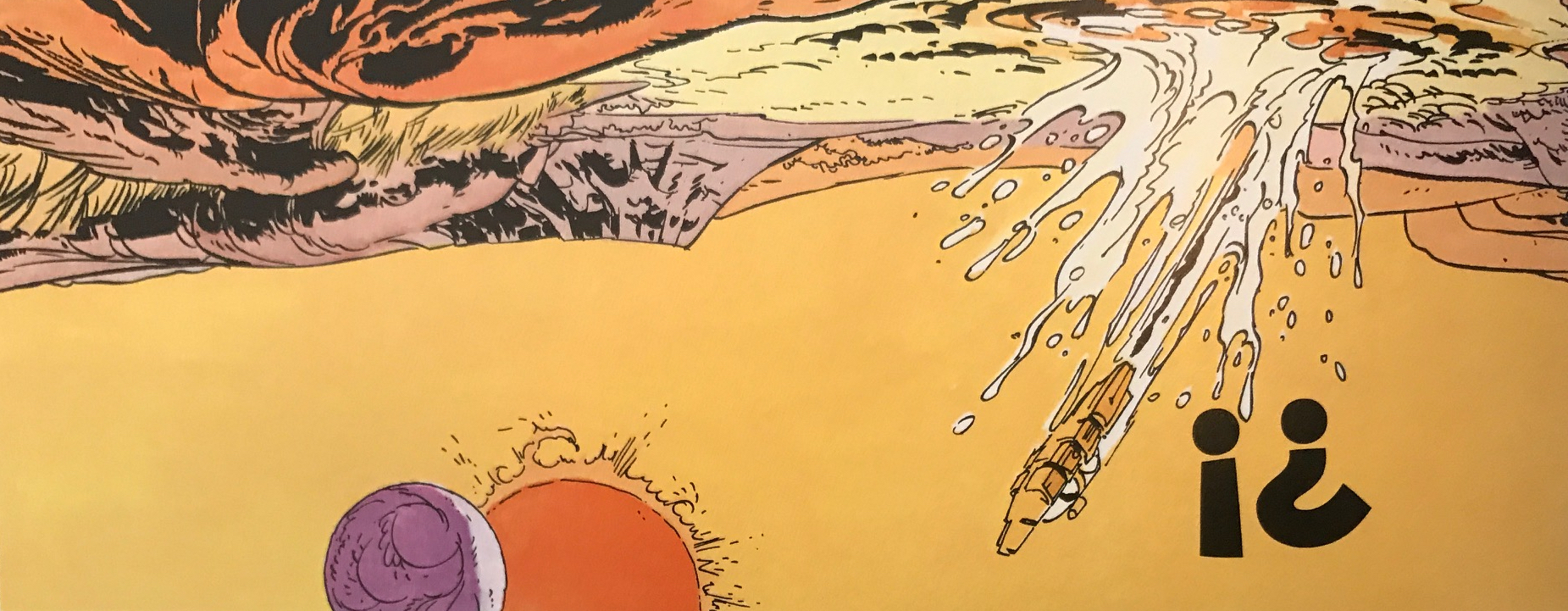
Ashland to Ashland, Dust to Dust
Oregon Shakespeare Festival Soothes the Souls of Those Afflicted by Interesting Times – Today More Than Ever
Every season of Oregon Shakespeare Festival is a song cycle. Each tune thrills on its own, but take in the entirety of the album, and the meaning of its parts deepens quicker than the distrust of sun celebrations after seeing “Midsommar.” Even viewing just five of the current lineup’s 11 is enough to make one marvel at the vision that unites such disparate tales in wildly creative yet thematically appropriate juxtapositions.
If OSF is an album, Ashland is the ultimate pair of over-the-ears headphones. A city seemingly designed for deep listening, its downtown wraps itself around the senses, amplifying voices from the past and present to volumes that never deafen, but allow for the appreciation of even the quietest layers of feeling and political nuance.
All of Ashland is a stage. The many-gendered people are more than merely players, though. Conduits for human expression, they also live the existences played out on their platforms, and you might even find yourself sitting next to them while they hungrily consume the craft of their fellow performers.
A thriving theatrical community, Ashland houses some of the best venues and sets in the world, and the visual delights don’t end when theatre-lovers exit the houses of the holy. Step to its mineral-infused creek, and the burbling waters take you with them, a messenger to the world carrying timeless truths beyond the hamlet’s borders.
The next year, we all flow back, bringing eyes and ears burned by the world and in desperate need of baptism in the waters of shared experience. You don’t have to have an inherent love of Shakespeare to join in this revelry. In fact, if the name of the Bard conjures images of stuffy professors or perceptions of archaic language, forget what the “S” in OSF stands for altogether. Pretend it signifies “Storytelling,” buy some tickets, and prepare to have your preconceptions popped like smoke rings in a tempest.
Whooooo are youuuuu? As in the music of Magma, OSF is a mirror that shows each viewer who they really are. Still with me? Take five, plays that is, and consider what you’ve been missing: Possibly the greatest entertainment the state has to offer.
Macbeth
Fourth of July’s never held much value for me. Any celebration of America is complicated to say the least, without even getting into where we’re at right now. Freedom is worth celebrating, though, and speech has always been cardinal among the liberties in my book.
With that in mind, my wife and I took a long weekend to celebrate expression by riding I-5 to the foothills of the Siskiyou and Cascadia Ranges. Arriving Wednesday evening, we walked from our Airbnb to the Allen Elizabethan Theatre for our first play, and only Shakespearian show, “Macbeth.” As my buddy said on Facebook, “’Macbeth’ is probably the most metal of Shakespeare’s works. I mean, sword fights, incest, murder, witches, political strife! What could be more metal?”
What indeed?
It had been a while since my last exposure to the poetic verse of Wilst.I.Am’s “early modern English,” and it always takes at least five minutes for my ears to adjust. I invariably feel like John Crichton in the first episode of “Farscape,” waiting for the translator microbes to kick in.
Without language, expressive sound can still set a scene, and the mourning, chanting procession descending the steps conveyed all that we needed to know about the state of the lord and lady. OSF has a rich history of incorporating contemporary homage into its Shakespeare, from full-circle re-imaginings of Akira Kurosawa’s brilliant interpretations of the tragedies to Rat Pack and rockabilly-infused takes on the comedies. It was hard not to see traces of Polanski’s bloody “Macbeth” in this version, and yet what unfolded was infinitely more coherent and free of any connections to the very much thriving conversation around consent we’re still having today.
Using the minimalist aspects of the outdoor stage to their utmost, the shadow play of dark human ambitions, madness, misbegotten love and murder unfolded in sometimes visceral, lurid fashion. The women shone in the near candlelight, with Amy Kim Waschke particularly standing out as Lady Macbeth, and Miriam A. Laube supporting spookily in the role she was seemingly born to play, a witch (as anyone who caught her in “Into the Woods” can attest).
It’s easy to forget how many phrases that have taken on cultural lives of their own originally came from “Macbeth.” From “something wicked this way comes” and “double, double, toil and trouble” to “out, damned spot!” and “It is a tale told by an idiot, full of sound and fury, signifying nothing,” this play is as truth-laden today as it was when it was written, and shall be “tomorrow, tomorrow, and tomorrow.”
Let’s hope America’s Macbeth, we’ll call him “MacDonald” is called on to answer for his own indiscretions before we reach the dire straights portrayed in the climax of Shakespeare’s enduring tale of greed, lust, destruction and rebirth.
Alice in Wonderland
The Caterpillar was cool, and the Cheshire Cat head well-constructed. Alice’s costume was an atrocity against the eyes. Perhaps still in thrall to the previous night’s performance, we missed the magic of this mushroom trip, and departed at intermission. Paling in comparison to another “children’s show” that had disappointed us, “A Wrinkle in Time,” “Alice” left me questioning my childlike nature, and ultimately deciding to stick to more adult fare at OSF in the future. That’s all I have to say about that, for there are more wondrous things to discuss!
Between Two Knees
The best humor often comes from the darkest of places, so maybe the hilarity of “Between Two Knees” should come as no surprise. Nevertheless I stand in awe of how American Indians, Native Americans, or simply Indigenous Peoples can laugh about what’s befallen them at the hands of my ancestors.
From my time as a journalist, I remember the rule that you should always ask a person how they self-identify. Rather than the generality of the identifiers in the previous paragraph, perhaps I could have said, “Muscogee, Wichita, or Menominee.” Those are three of the tribes represented by the actors in sketch-comedy troupe The 1491’s at times scathing, but never hostile, retelling of history from the Wounded Knee Massacre in 1890 to the Wounded Knee Incident in 1973.
Before the show even started, musical examples of cultural appropriation piped forth from the house sound system, “treating” attendees to Cher’s “Half Breed,” Tim McGraw’s “Indian Outlaw,” and Europe’s “Cherokee.” The stage itself was bordered by garish commercial symbols, such as the Cleveland Indian, the Chicago Blackhawk, and Land-O-Lakes’ butter-bearing lady logo.
A program insert detailed the nine tribes of Oregon, and the show itself begins with a bang of rattled-off massacres most of us were never taught about in school. But all learning aside, “Between Two Knees” is foremost a comedy, and it is dark as the days in which we live.
Following a family line from a child’s kidnapping by missionaries through wars, weddings, reunions and revolution, perhaps the greatest surprise of “Between Two Knees” is the way it finds moments of tear-stained beauty amid the horror of unimaginable trauma. As an estranged mother (Shyla Lefner) sings a song to her son in a Vietnamese nightclub, her voice carries the internal tune of everyone who’s ever lost anyone.
Actor Justin Gauthier is the myth’s rock, anchoring the occasionally surreal time-traveling as narrator, debunker of stereotypes and owner of legend. His hair is a magical talisman and a lustrous lampooning of the noble savage.
But it would be impossible to talk about “Between Two Knees” without mentioning the performance of Rachel Crowl, whose range is on jaw-dropping display. As a creepy Catholic priest, her femininity plays counterpoint to her character’s pious, predatory nature, with religious repression rippling across its surface.
In another ensemble role, she’s one of the all-time greatest hippie stereotypes. Crowl faking her way through a marriage ceremony might be the funniest scene of the festival, as she somehow channels both Jason Mewes and Janice from Dr. Teeth and the Electric Mayhem. Talking to others who saw different showings, it becomes clear the bit plays out as barely-contained chaos again and again, with the cast’s own laughter straddling intentional performance and a “Saturday Night Live” sketch going gloriously awry.
I would see anything with Crowl in it, and same goes for The 1491s, who are making comedy in the vein of Mr. Show sans sardonic detachment.
Indecent
Right before our Saturday matinee, we met my old friend, fellow newspaper veteran, and survivor of her own recent tragedies for brunch. After catching up on what has been a true hell of a year for her, we discussed the haven that is OSF and reminisced on the first show I ever saw, thanks to her.
Debuting off-Broadway in 2001, “Topdog/Underdog” starred Don Cheadle and Jeffrey Wright in its first incarnation, and eventually Mos Def. During the 2004 production that changed my perspective forever on OSF, troupe mainstay Kevin Kenerly hustled me utterly as Booth. In “The Importance of Being Earnest,” his Algernon was the epitome of everything suave and beguiling. If there were a theatre version of baseball cards, let’s call them “stagebill cards,” I would collect him mercilessly.
Sitting next to an empty seat awaiting the start of “Indecent,” I got wildly star-struck to see Kenerly making his way down the aisle to share my real estate. My buddies in bands have a term they use for overzealous fans who stalk them after performances to pepper them with questions about gear and dissect every last detail of each song. It’s called “tubescreaming.” I definitely, absolutely, 100 percent did not tubescream Kevin Kenerly. Shut up. Leave me alone!
Lest this be too transparent as a personal digression, allow me to force a metaphor. My wife chose “Indecent” for us, and truth be told, I had no idea what to expect. I knew it had something to do with Jewish history and censorship, and I was bracing for an hour and 45 minutes of pain. At the end of that time, my ignorance and misconceptions had been reduced to ash, echoing a similar experience so many years earlier at the conclusion of “Topdog/Underdog.”
Expectations aside, “Indecent” was astonishing. The story of artistic aspirations worth fighting and dying for, love shaming hate, and the way compromising difficult art can turn it into something abominable, its stunning circular journey was crushing and uplifting, containing many fiery phoenixes in its framework. It’s always a pleasure to see Anthony Heald at OSF, and his dance around the periphery of this piece was no different; he conjured the “God of Vengeance” in all its destructive and ridiculous brimstone ranting.
One image in particular, of two women in love, running free into the night, punched a hole into the strangling restrictions, real and imagined, that provide the villain to a cast full of heroes. You don’t really need to know any more than that. It’s more than I knew going in, and I’d rather you walk out with as much as I did.
Cambodian Rock Band
Ah, privilege. It’s what makes a white man have thoughts such as, “It’s like they wrote this musical just for me!”
About a psychedelic rock opera called “Cambodian Rock Band.”
Four years ago, I wrote about my then upcoming trip to Cambodia, and my obsession with its musical past. For those who don’t know, an entire generation – of artists, intellectuals, innocents, and kids playing fuzzed-out audio nuggets – was wiped off the map by the Khmer Rouge. Since roughly the same time “Topdog/Underdog” first took New York by storm, the band Dengue Fever has been breathing new life into lungs long gone and reinvigorating interest in recordings that exist only in tiny handfuls, if at all.
Their songs feature prominently in the first half of “Cambodian Rock Band,” which lays the groundwork for a story about a father connecting with his daughter only through finally revealing pieces of himself that he’d long ago buried. Chum (Joe Ngo) returns to his homeland for the first time since fleeing the purge, in search of his daughter, Neary (Brooke Ishibashi), who is working to bring justice to war criminals who’ve escaped persecution by living anonymously.
Chum also has been living a lie in his adoptive home of the United States, and if his cartoonish chipperness early in the production threatens to undermine the depth of his character, it proves later to be a well-deployed smokescreen. The rock-and-roll daydream aspect of the first act is tonally subverted after intermission by brutal flashbacks to the choices that changed Chum’s life.
Part war movie, part music video, part tear-jerker TV family drama, “Cambodian Rock Band” is exactly what musical travelers – or tourists, depending on how misanthropic you’re feeling – deserve. It’s a celebration of great music and a harsh reminder that it’s easier to love the sounds of bygone eras when you didn’t have to experience the sights and smells.
It wasn’t written for me, and that’s what makes it great. It was written for parents who’ve sacrificed to give their children a better life, young punks who’ve played their guitars right up until the moment when they were ripped from their hands by crushing authority, and mass graves full of souls who can’t speak for themselves.
Portland Center Stage is putting on “Cambodian Rock Band” this fall, so if you can’t make it to Ashland, or read this after the season has ended (how deluded am I?), you can still experience this singular saga. Dengue Fever will undoubtedly tour again soon, and if you like what you hear, go out and support the practitioners of this very-much-alive musical hybrid.
Back to Reality
It normally takes less than five hours to drive to Ashland, but the Sunday after the Fourth, seven stretch to feel like 12. As the blue sky taunts like a rolling screen behind a stationary car in a film noir, my wife says, “If we’re not even to Keizer yet, I’m going to lose it.
A few minutes later, the Volcanoes’ stadium crawls into view.
Leaving Ashland is never fun, and especially when you arrive home to reports of ICE staging immigration raids and online comments from people who think Alexandra Occasio-Cortez faked her visit to Texas detention centers. As I finish writing this, the president has just told American-citizen congresswomen to go back to their corrupt countries as crowds at his rallies chant, “Send her back!”
The themes OSF is exploring this season have never been more relevant. At its best, America is a melting pot that never quite homogenizes its ingredients. We just all swirl together, rubbing off on another, growing in empathy, and trying to make a better dish with kitchen we were given. At our worst, we put people in ovens.
Where are we at right now on that continuum? You tell me. But first, drive to Southern Oregon, or the ancestral lands of the Shasta, Klamath and Takelma tribes, and get a bit broader base from which to answer. OSF isn’t telling anyone what to think. Its many splendored plays offer plenty to feel, though, and perhaps stories that will help us plot a better course for the future.
For Darcy




